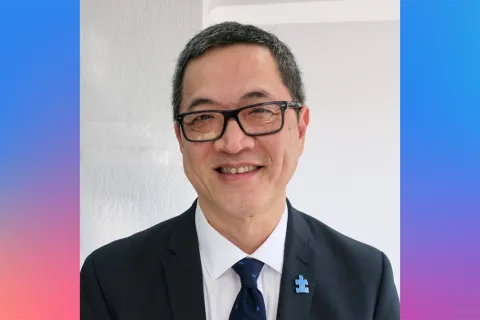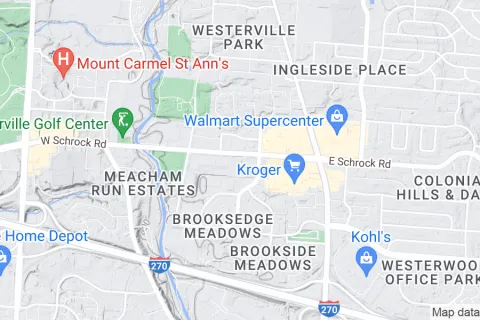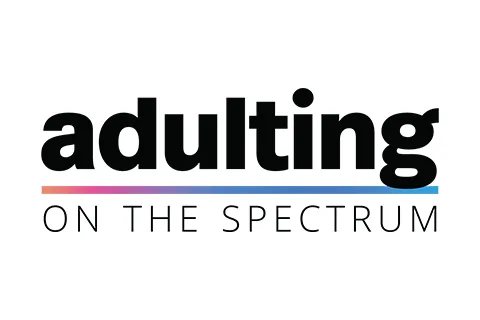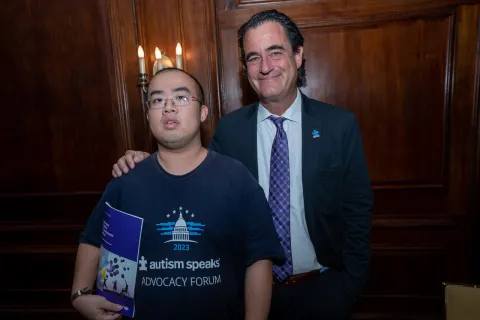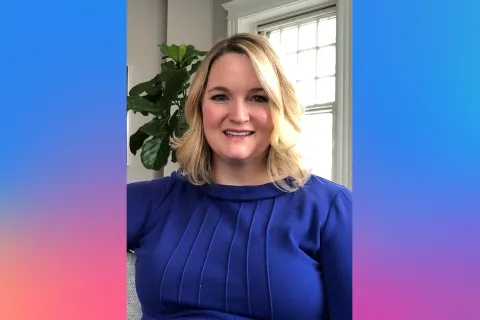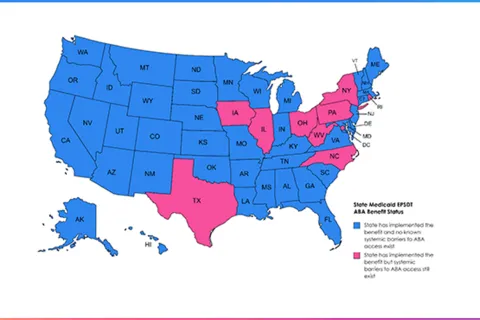Graduating from the pediatrician to the adult doctor
A well-planned transition from pediatric to adult healthcare is known to lead to better medical care and an improved quality of life for autistic individuals. Yet, graduating from the pediatrician to an adult doctor often takes a back seat to education, employment and housing transition needs.
For many parents and youth, nervousness is the reason they put off planning for the change. It is common for parents to worry about leaving a trusted pediatrician who has probably seen their child for most of their life, including during their autism screening and diagnosis. It is even more common and natural for autistic youth to have anxiety over meeting a new doctor, in a new practice, with new protocols. It feels like starting over.
The healthcare system is also lagging in leading this transition. The Centers for Disease Control and Prevention (CDC) reported in 2021 that only one in 13 adolescents with autism spectrum disorder receive the recommended planning guidance from their doctors.
To help parents and autistic youth make this transition less stressful and more successful, here is some information and tips.
When and how should you switch to an adult doctor?
Switching to adult care does not happen with the flick of a switch at age 18, 21 or when a child is no longer covered by a parent’s health insurance. Instead, it is a process and doctors agree parents should start planning for the transition around age 14.
Parents can begin by talking with their child about how they will eventually need to move to an adult doctor. They should also start talking about it with the child’s pediatrician and pediatric specialists, with the child present. It may be helpful to build in extra time into regular appointments and increase that time as the child ages. Ask the pediatrician and specialist for recommendations and referrals for new doctors. If they are comfortable, ask them to make a call to the new doctor’s office on your behalf or write you a referral script.
At first, it may be a good idea to overlap appointments between the pediatric team and adult teams. All pediatric doctors are familiar with and sensitive to the transition process. It could take many years, which could provide a more comfortable transition, and could be staggered among doctors if a child sees multiple specialists.
Note: The Individuals with Disabilities Education Act (IDEA) requires schools to provide “transition planning” services for students with disabilities before the student turns 16. That planning must include strategies to build independent living skills. Making healthcare decisions and coordinating care is deemed an essential independent living skill. Therefore, preparing students with disabilities to take on these roles during adulthood should be a component of any student’s transition plan.
As part of our commitment to helping people with autism and their families navigate the journey from adolescence to adulthood, Autism Speaks implemented a state advocacy priority to lower the required age to begin transition planning from 16 to 14. (Nebraska and Florida were the first states to lower their age requirements.)
How should you prepare for the first visit with the adult doctor?
It is important to gather medical records from all the child’s doctors, including the pediatrician, any specialists and even the dentist. You have a right to these under federal law. Make sure to have contact information for all doctors and any referrals you need. It is also recommended to have a document of your family medical history.
Because doctors run on tight schedules, it is a good idea to schedule a consultation appointment or request to book additional time to go over all medical records and family history. Also check if the doctor’s office has open house hours when tours are done and informal introductions can be made. Getting the lay of the land and putting faces to names could help ease anxiety.
What issues should you discuss during the first visit?
One of the first things to do is to inform the adult doctors of the autistic individual’s decision-making capabilities and their preferred communication method.
Ask the doctor for a transition period where the parent/caregiver can still accompany the autistic individual while they become comfortable and familiar with the new situation. After that period, make sure the doctor is agreeable to having another trusted peer or support person join appointments.
It is also important to discuss changes in privacy and consent that happen at age 18. Included in that should be a discussion about the autistic person’s role in their own decision making as an adult, especially as it relates to Advanced Directives should they ever need life-saving care.
If an adult doctor has little experience with autism, share the adult healthcare transition guidelines from Vanderbilt University Medical Center, one of our Autism Care Network partners, which contains helpful resources like “Communicating Effectively.”
Lastly, transitioning to an adult doctor is about more than just switching medical professionals. It is also about autistic individuals learning self-advocacy. Navigating the process to a new doctor is a valuable life skill. For more information on ways to help support yourself or your autistic child in new situations like this, check out our Roadmap to Self-Empowerment for Autistic Adults.
Learn more:
-
Family ECHO: Autism is a virtual training series developed with Nationwide Children’s Hospital. The episode “The Second Act” includes a discussion on healthcare, including legal considerations with guardianship and power of attorney, and coproducing care with your medical team. Find and register for upcoming sessions here.
-
Got Transition, the federally funded program of The National Alliance to Advance Adolescent Health, is centered around improving the transition from pediatric to adult healthcare. Resources include readiness quizzes for both autistic youth and parents and a Transfer of Care Checklist.




